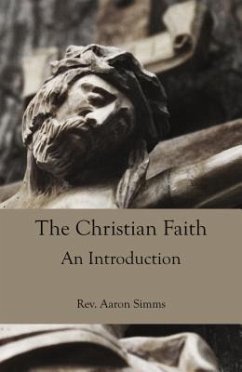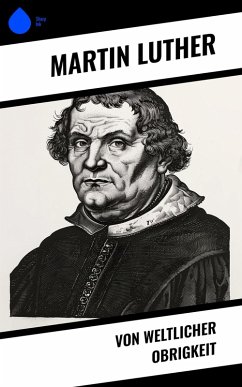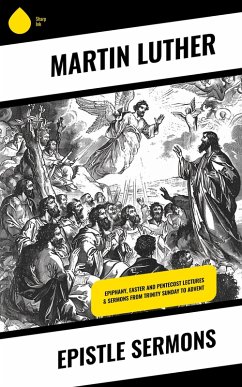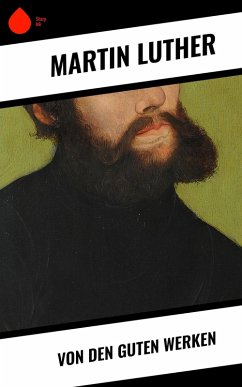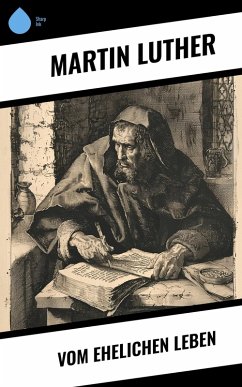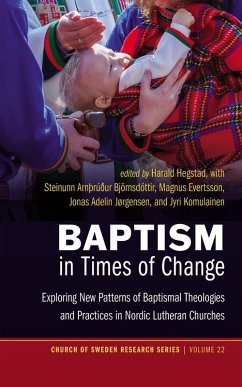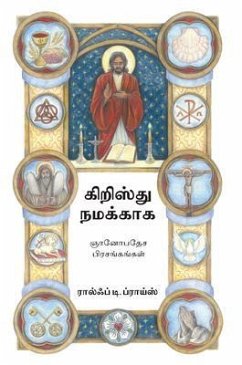
The Ninety-five Theses (eBook, ePUB)
The Ninety-five Theses
Übersetzer: Jacobs, C. M.; Jacobs, C. H.

PAYBACK Punkte
1 °P sammeln!
In "The Ninety-five Theses," Martin Luther presents a profound critique of the Catholic Church's practices, particularly the sale of indulgences, that sparked the Reformation. Composed in a pointed, yet accessible style, these theses challenge the theological underpinnings of ecclesiastical authority and the nature of repentance. Written in 1517, the work situates itself within the larger context of Renaissance humanism, emphasizing personal faith and direct engagement with scripture, which would reverberate through the halls of history and reshape the Christian landscape. Martin Luther, a Ger...
In "The Ninety-five Theses," Martin Luther presents a profound critique of the Catholic Church's practices, particularly the sale of indulgences, that sparked the Reformation. Composed in a pointed, yet accessible style, these theses challenge the theological underpinnings of ecclesiastical authority and the nature of repentance. Written in 1517, the work situates itself within the larger context of Renaissance humanism, emphasizing personal faith and direct engagement with scripture, which would reverberate through the halls of history and reshape the Christian landscape. Martin Luther, a German monk and theologian, was propelled into this momentous act of defiance by a deep conviction regarding the corruption within the Church and a quest for genuine spiritual reform. His transition from academia to a voice for ecclesiastical reform was influenced by his own introspective struggles with faith, leading him to advocate for a more personal understanding of Christianity that emphasized salvation through faith alone, rather than through works. This seminal work is essential reading for anyone interested in the foundations of Protestantism and the evolution of Christian thought. Luther's incisive arguments continue to inspire debates about faith, accountability, and the integrity of religious institutions, rendering it indispensable for scholars, theologians, and curious readers alike.
Dieser Download kann aus rechtlichen Gründen nur mit Rechnungsadresse in A, B, BG, CY, CZ, D, DK, EW, FIN, F, GR, HR, H, IRL, I, LT, L, LR, M, NL, PL, P, R, S, SLO, SK ausgeliefert werden.




